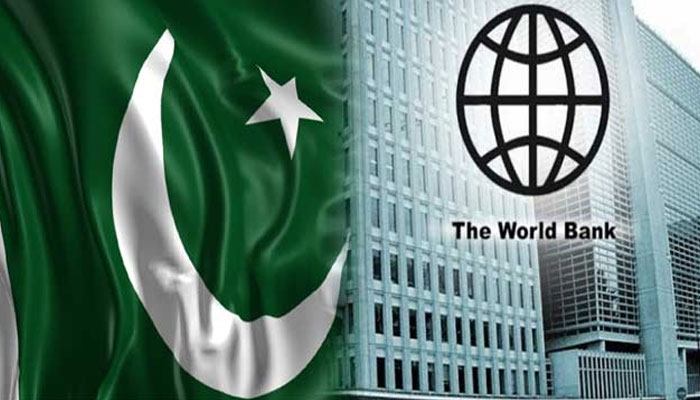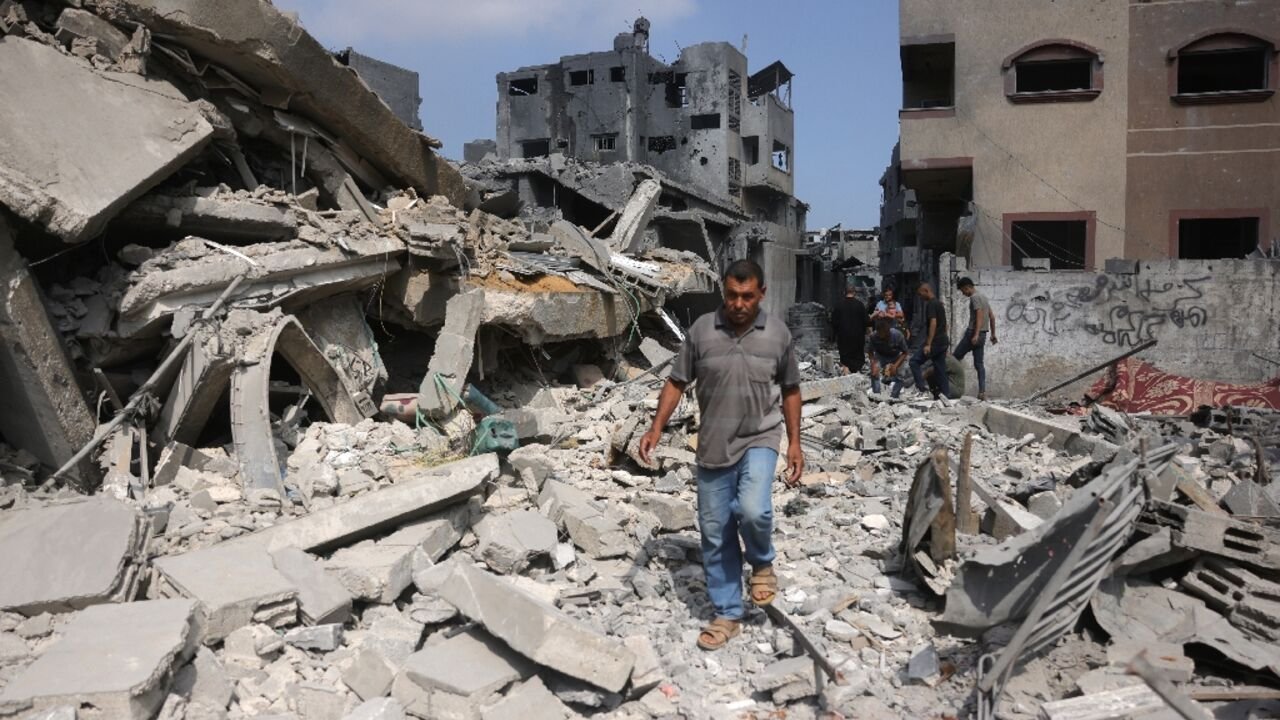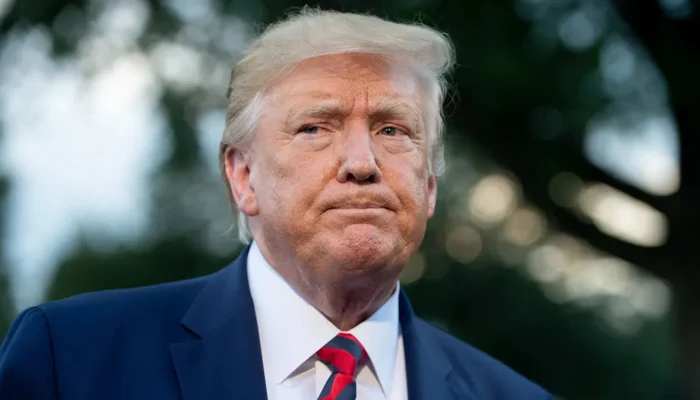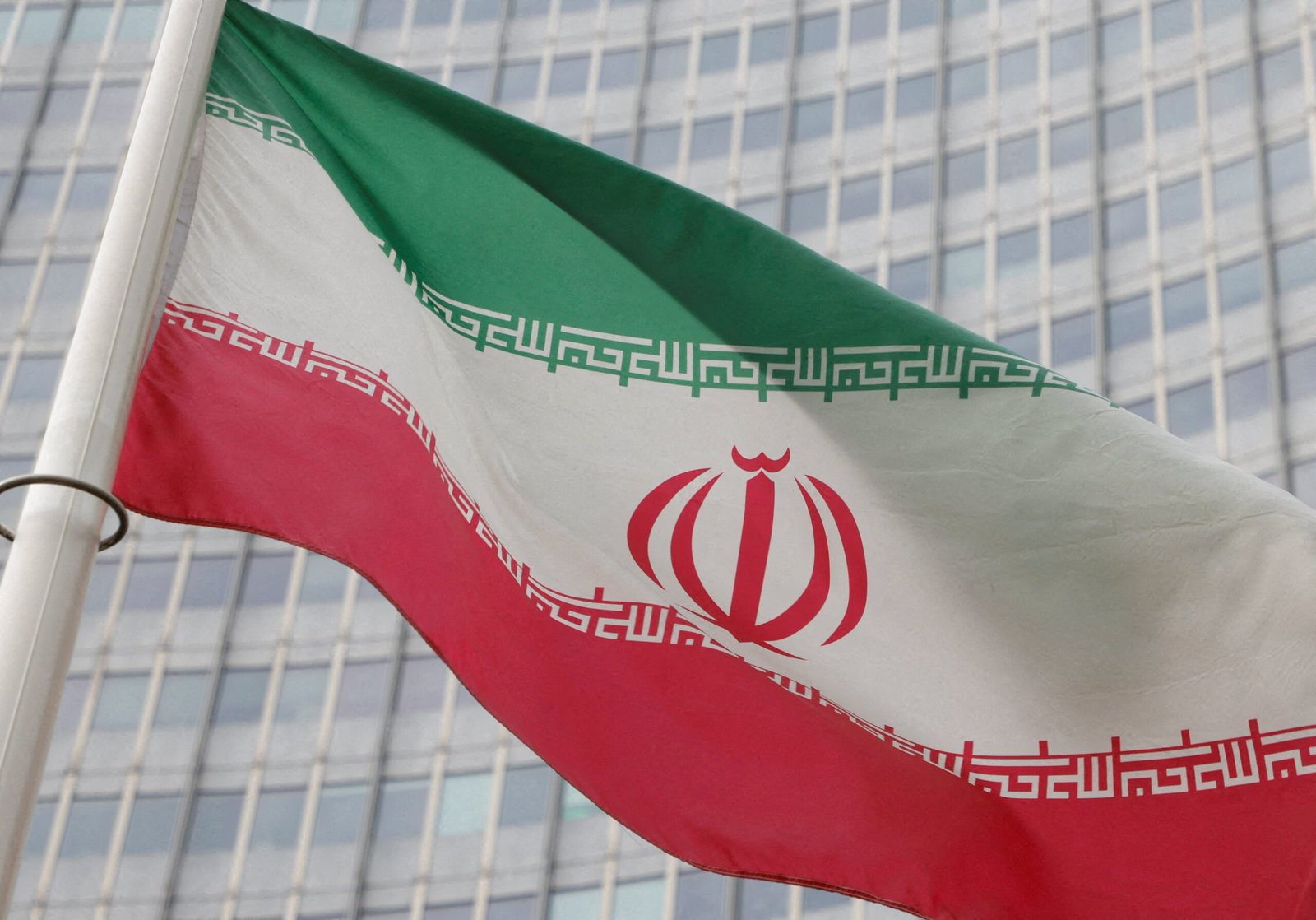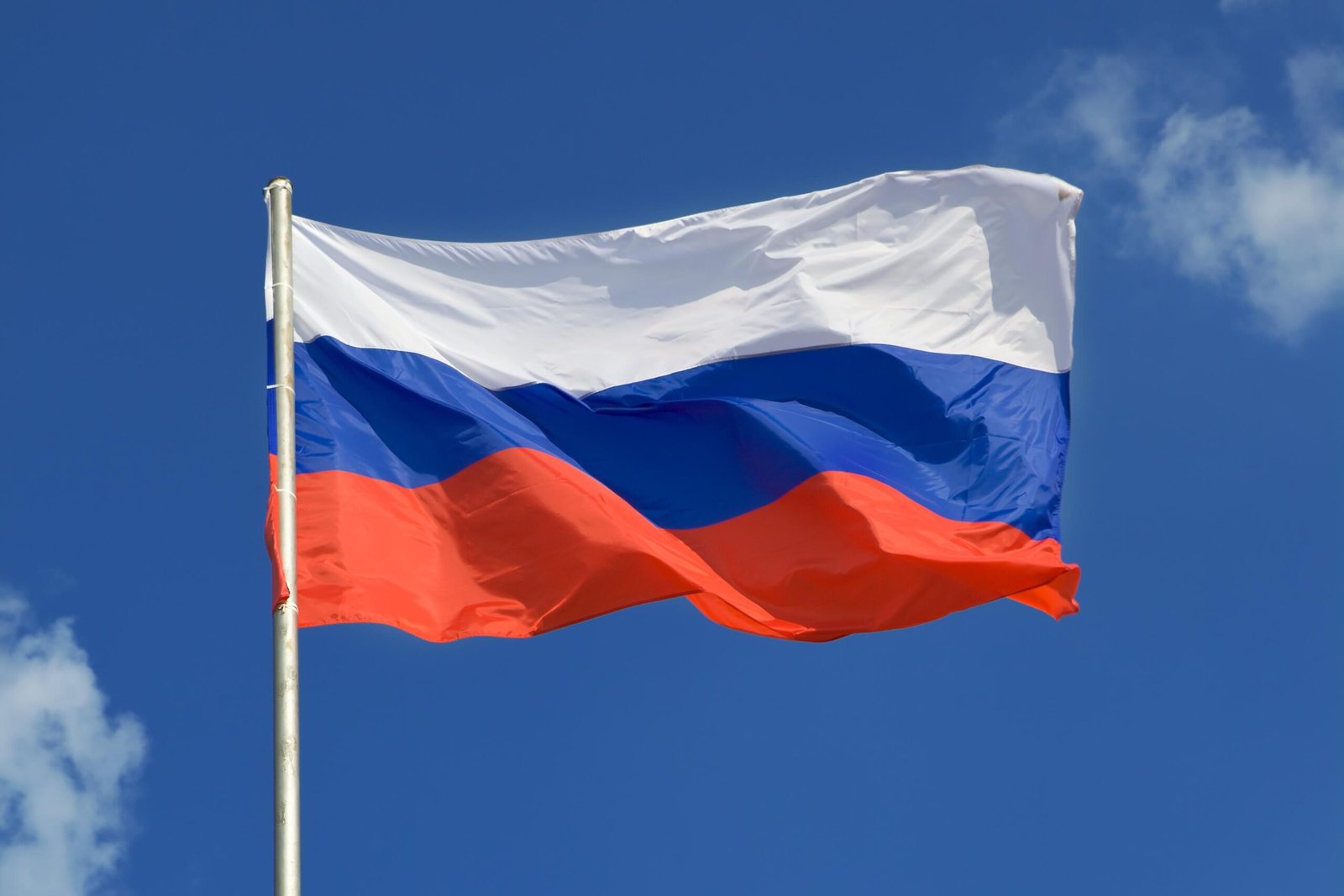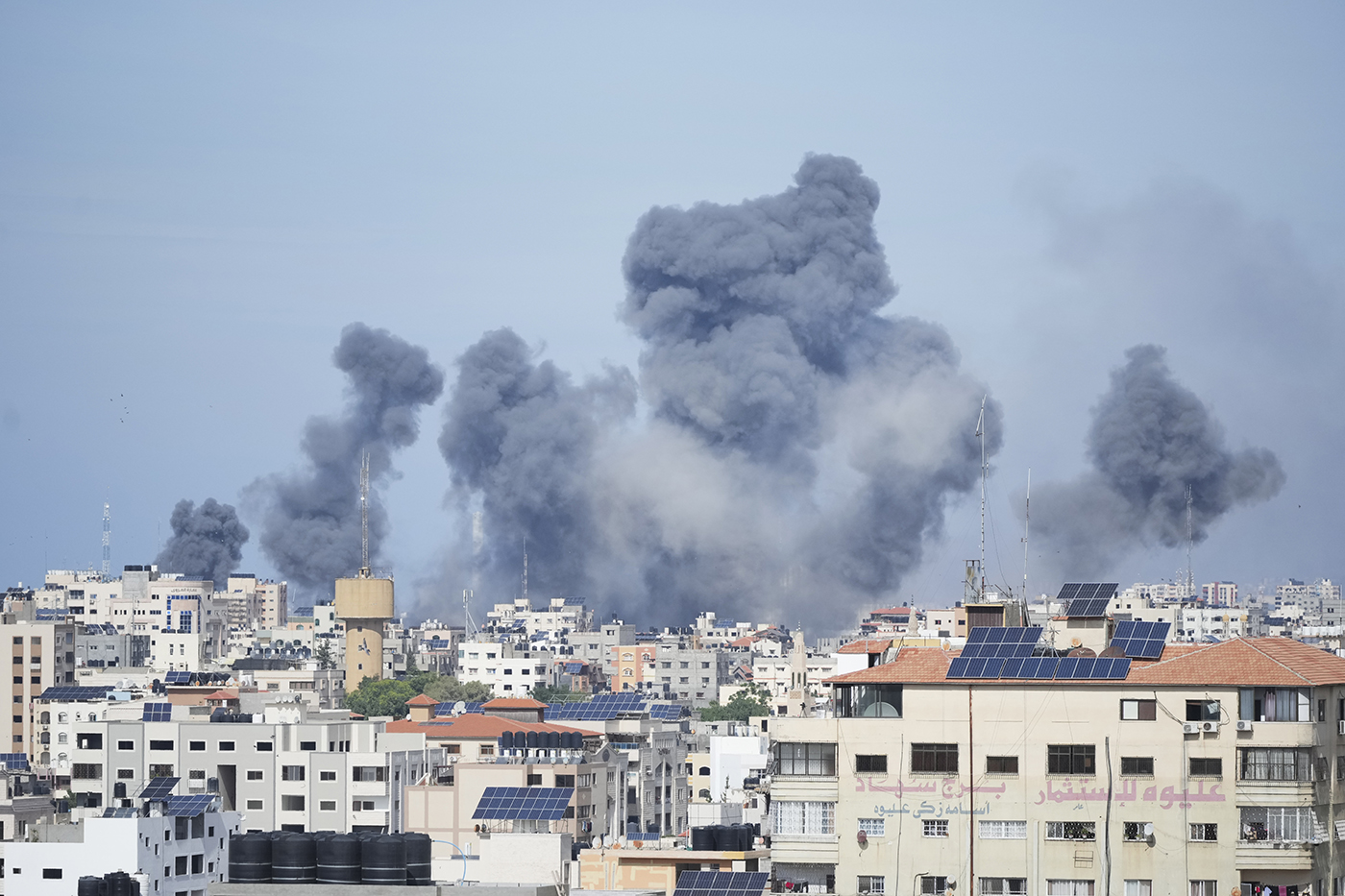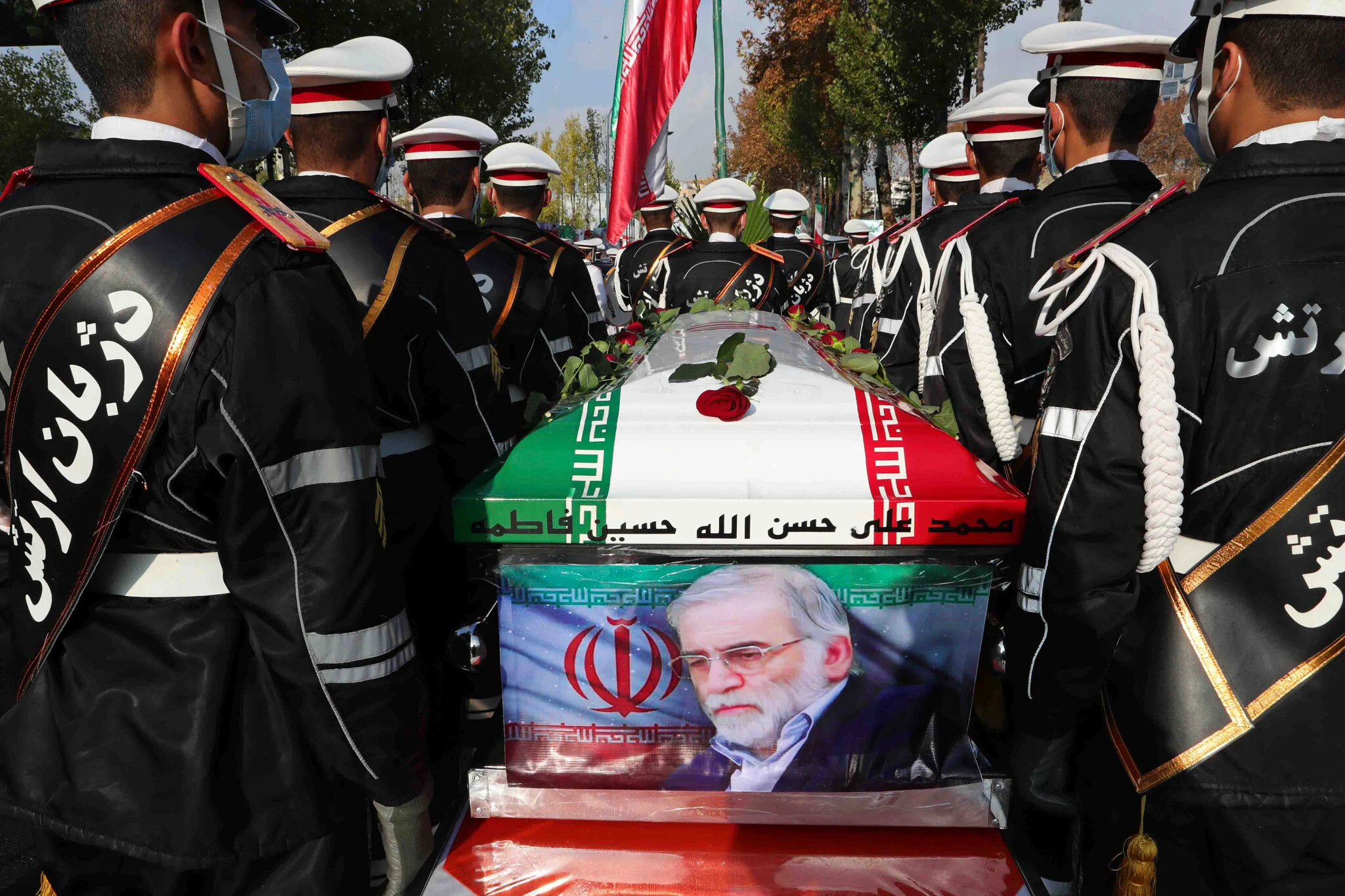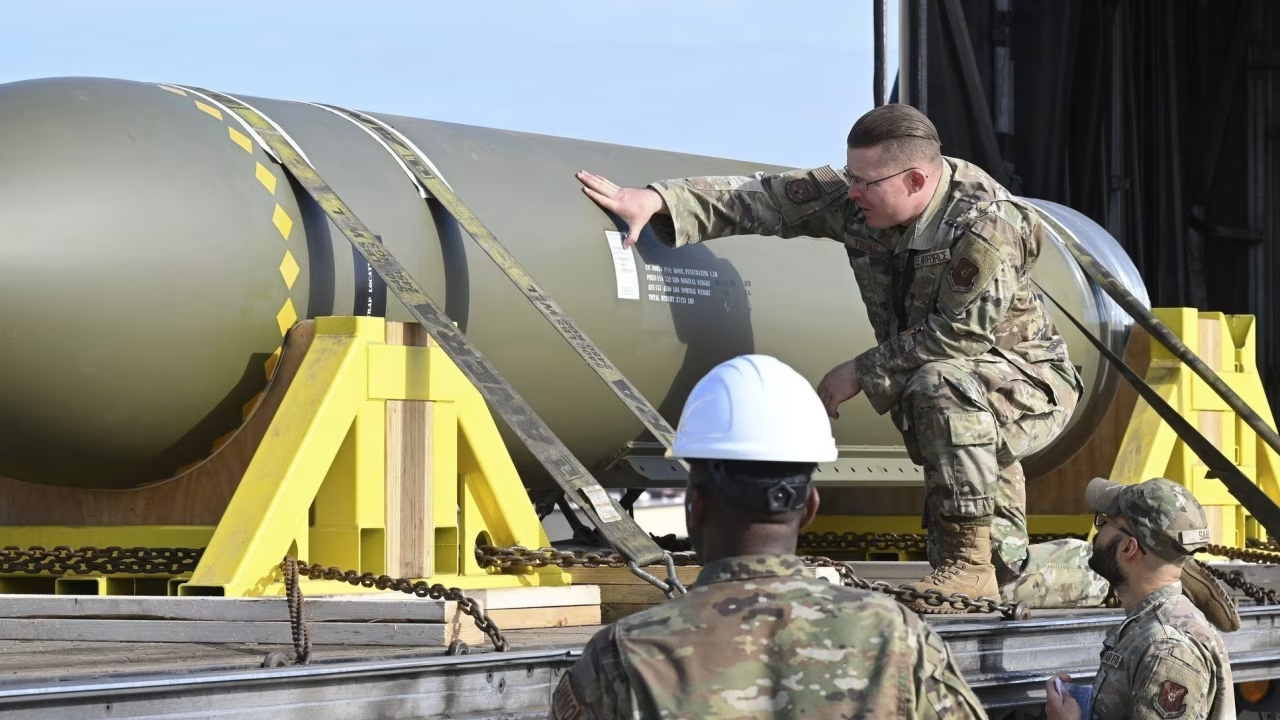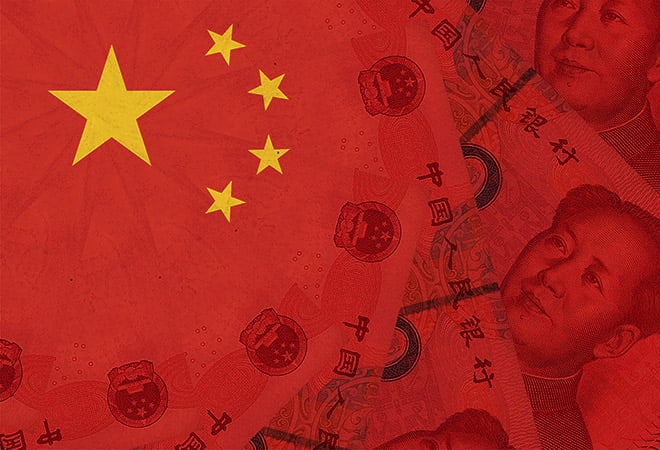In a significant development for Pakistan’s economic future, Prime Minister Shehbaz Sharif recently met with the Executive Directors of the World Bank, who are visiting Pakistan after two decades to assess the implementation of a $40 billion funding agreement. This visit marks a crucial moment in strengthening the ongoing partnership between Pakistan and the World Bank, which spans over seven decades.
During their arrival, the Prime Minister warmly welcomed the delegation, acknowledging the vital role that the World Bank has played in Pakistan’s development. He highlighted the many major projects that were successfully completed with the World Bank’s support, contributing significantly to the nation’s infrastructure and reconstruction efforts.
The delegation’s visit coincides with the recent launch of the World Bank’s new Country Partnership Framework, which aims to invest $40 billion in Pakistan’s economic and social development. PM Shehbaz expressed optimism about the partnership, stressing that this funding will catalyze substantial growth in key areas such as health, education, youth development, and other essential social sectors.
With $20 billion earmarked for projects in public development, PM Shehbaz sees this as the beginning of a new chapter for Pakistan. The funding will help enhance public services and create lasting improvements in the quality of life for millions of Pakistanis. Additionally, the remaining $20 billion will be directed towards the private sector through the International Finance Corporation (IFC), designed to stimulate faster economic growth and job creation in Pakistan.
In his address, the Prime Minister also expressed gratitude to the World Bank for placing confidence in Pakistan’s government and its ongoing reforms. He highlighted the government’s efforts to modernize the Federal Board of Revenue (FBR) through digitalization, aimed at controlling inflation and improving the country’s fiscal health. Furthermore, he pointed out reforms in the power sector, which are addressing issues like power shortages and reducing the overall deficit.
The World Bank delegation, including nine Executive Directors overseeing various global portfolios, expressed their appreciation for the positive outcomes emerging from Pakistan’s reform agenda. They specifically commended the government’s work in sectors such as energy, industry, exports, privatization, and revenue generation.
The meeting also served as a platform for discussing future investment strategies and potential projects that could further enhance Pakistan’s economic landscape. Among those attending the session were key government figures, including Federal Ministers Ahsan Iqbal, Ahad Khan Cheema, and Dr. Musaddiq Malik, along with other senior officials and legislators.
In addition to the general discussions, the World Bank’s finance arm, the International Finance Corporation (IFC), shared its ambitious plans to increase equity investments and focus on large-scale infrastructure projects across Pakistan. Makhtar Diop, the IFC’s Managing Director, disclosed that the initiative could unlock up to $2 billion annually over the next decade, with a focus on critical infrastructure areas such as international airports, energy systems, water, and port facilities.
This continued collaboration between the World Bank and Pakistan signals a promising future for the country’s development, with increased financial support and strategic investments laying the foundation for a stronger economy. However, as the World Bank delegation emphasized, the real challenge lies in ensuring the effective and transparent implementation of these funds, so that they bring tangible benefits to Pakistan’s citizens.



